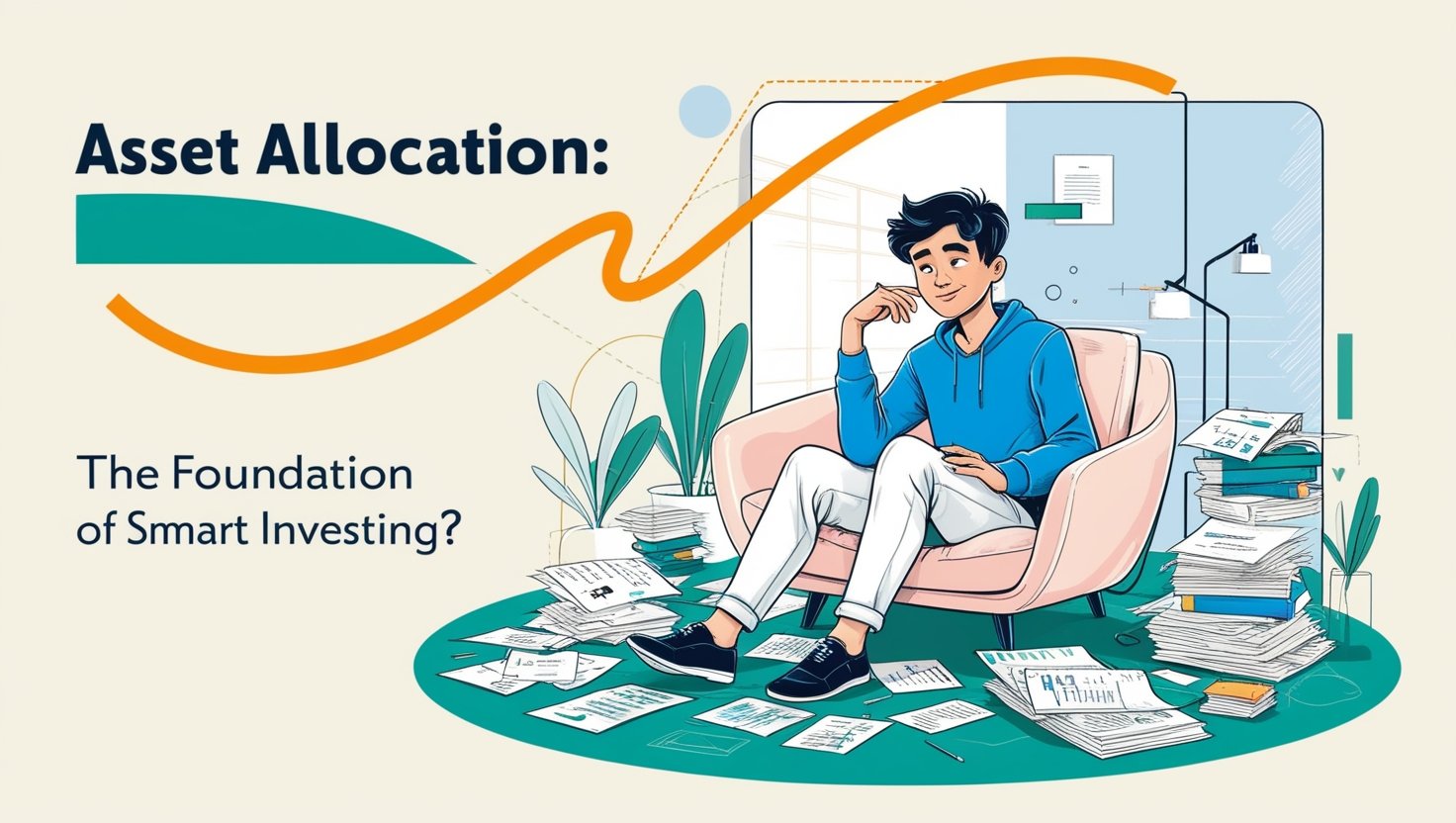The Indian stock market has seen its share of ups and downs over the years, with a number of severe crashes to make every investor lose faith in it. However, every time, the market has risen more strongly from the ashes, vouchsafing its robustness as well as long-term prospects for investing. Let’s trace some of the most memorable market crashes in the history of Indian finance and the way the market has recovered each time.

1. The Harshad Mehta Scam (1992)
In the early 1990s, a stockbroker named Harshad Mehta exploited loopholes in the banking system and manipulated the stock market. He was known as the “Big Bull,” and when he goaded the stock prices high to unprecedented levels, he created a large bubble. However, when this scam surfaced in 1992, it led to a market crash of 54%, wiping out all the gains built over months.
Impact: Billions of losses to investors, total market confusion, and the most severe blows to Bombay Stock Exchange and trust in the financial system.
Recovery: That took almost 2 years and 4 months for the market to recover from this shock, with reforms being introduced to make financial markets more transparent and governance structures better.
2. The Dotcom Bubble Burst (2000)
The late 90’s and early 2000 saw fast and furious growth of technology and Internet-based companies and gave way to the formation of the speculative bubble of tech stocks. This is not unique to global markets; it also influenced the Indian stock market. However, as soon as the Dotcom Bubble Burst in 2000, the Indian market saw a 56% drop, causing the tech stocks to nose-dive.
Impact: It left thousands of investors who had invested their money in many tech companies facing massive losses as valuations came crashing down.
Recovery: Following the heavy blow dealt to it, the market recovered at an amazingly positive pace over 2 years and 3 months as investors started investing slowly into more stable sectors.

3. The Global Financial Crisis (2008)
This was the worst financial crisis since the Great Depression. The global financial crisis, sparked by the United States’ subprime mortgage crisis and the collapse of Lehman Brothers, rolled across the global markets into India.
Market Crash: The Indian stock market also witnessed a sharp fall with BSE Sensex crashing by as much as 61% from its peak.
Impact: Panic selling followed the investors since it was reported that a major crash had occurred as the investors feared more losses and hence sold off many of their holdings.
Recovery: Miraculously, the market bounced back within 1 year and 8 months; this was due to stimulus packages from the government and economic reforms carried out that restored investor confidence.

4. The COVID-19 Crash (2020)
The global pandemic of COVID-19 has been the trigger for the most recent crash, where economic activities stalled due to nationwide lockdowns and restrictions. The uncertainty and fear of protracted economic downturn resulted in a significant decline in stock prices.
Market Crash: The Indian stock market declined by 38% in March 2020, which has been one of the fastest and most significant declines in history.
Impact: The crash wiped out trillions of rupees in market capitalization and ran over investors on both sides, but the market bounced back in a flash.
Recovery: The market bounced back in a mere 8 months from the abyss it hit, much beyond what anyone could have imagined. This is the quickest market rebound in the annals of India’s stock market history. Factors driving the rapid rebound included fiscal stimulus, accommodative monetary policies, and a surge in participation by retail investors.

Lessons Learned from Market Crashes
Each of these collapses, so devastating in the short run, has proved to be a lesson for investors
The market can be volatile: Stock markets are inherently volatile; however, they have consistently proved that they are capable of making a turnaround over time. Knowing this can help in calming the investor in a downturn.
Focus on Long-Term Investments:Though Indian stock market experienced some crashes during this time, the medium- and long-term trends of the Indian stock market have been upwards. The investors who held on to their investment during the crashes saw humongous returns in subsequent years.
Do not try to time the market: No human, no matter how experienced he is, can predict with 100 per cent accuracy the movement of the market. Thus, rather than trying to time the market, focus on time in the market.
Diversification is Must: Each crash showed that diversification is a must. By spreading investments in different sectors, asset classes, and geographies, the shock of a market downturn can be minimized by the investors.
Warren Buffett’s Timeless Advice
The great investor, Warren Buffett once said, “Be fearful when others are greedy, and be greedy when others are fearful.” That’s perfectly true for market crashes. During the market crash, everybody is selling; everybody is panicking; everybody is running out of the stock that more panic sets in, but could be the best time to invest in fundamentally strong stocks available at cheaper valuations.

After all, market crashes are only short-term, but the resilience of the stock market is very long-term. History has proven that every crash is followed by a recovery, where new opportunities open up for investors who remain patient and committed to their financial goals.
Don’t let the next recovery pass you by!
Open your Demat account today and invest in high-quality stock for long-term growth. Remember, the best time to invest is when everyone else is selling.
Stay Updated, Stay Invested
For more insights on investing, financial markets, and wealth creation, follow us. Stay informed, stay ahead, and make smarter financial decisions.


